Introduction
Blockchain technology is the talk of the time and is often surrounded by misinformation. This misinformation can obscure its true potential and applications of this transformative technology. At Pedals Up, we are dedicated to cutting through the noise and delivering clear, factual insights on various technologies. Whether you’re a seasoned blockchain developer, a business leader, or just curious about blockchain technology, understanding the facts is crucial to leveraging its capabilities effectively. In this blog, we have tried to debunk some common misconceptions about blockchain.
Myth 1: Blockchain is Solely for Cryptocurrencies
While Bitcoin initially brought blockchain into the spotlight. Its applications extend far beyond digital currencies. Blockchain is a decentralized ledger technology that securely records transactions. Today blockchain has use cases across various industries, from supply chain management to healthcare data security.
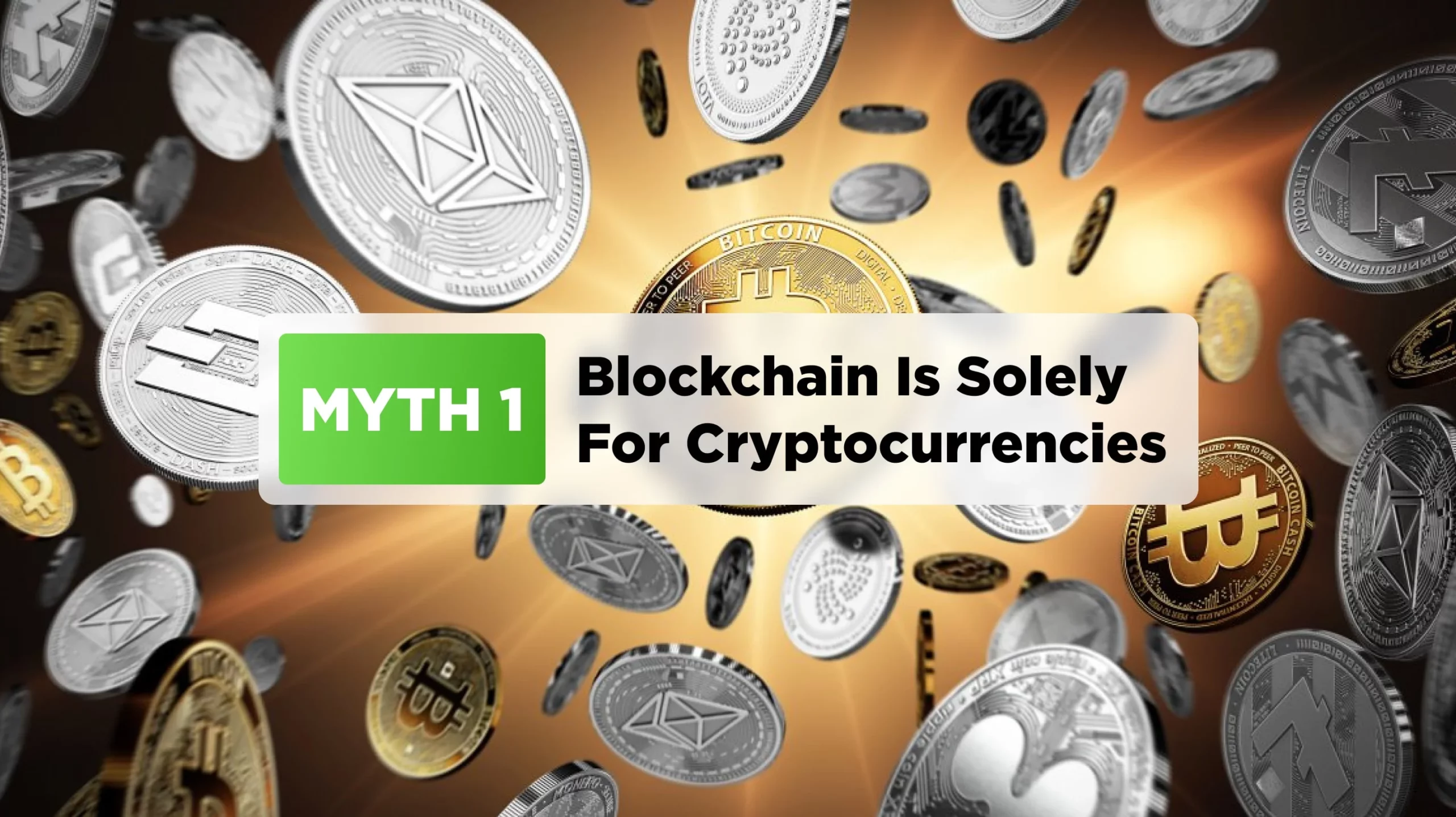
Myth 2: Blockchain is Unhackable
Blockchain uses advanced cryptography and consensus mechanisms like Proof of Work (PoW) and Proof of Stake (PoS) to secure transactions. But as with every technology blockchain is also not immune to attacks. Understanding potential vulnerabilities, such as 51% attacks, is crucial for implementing robust security measures.
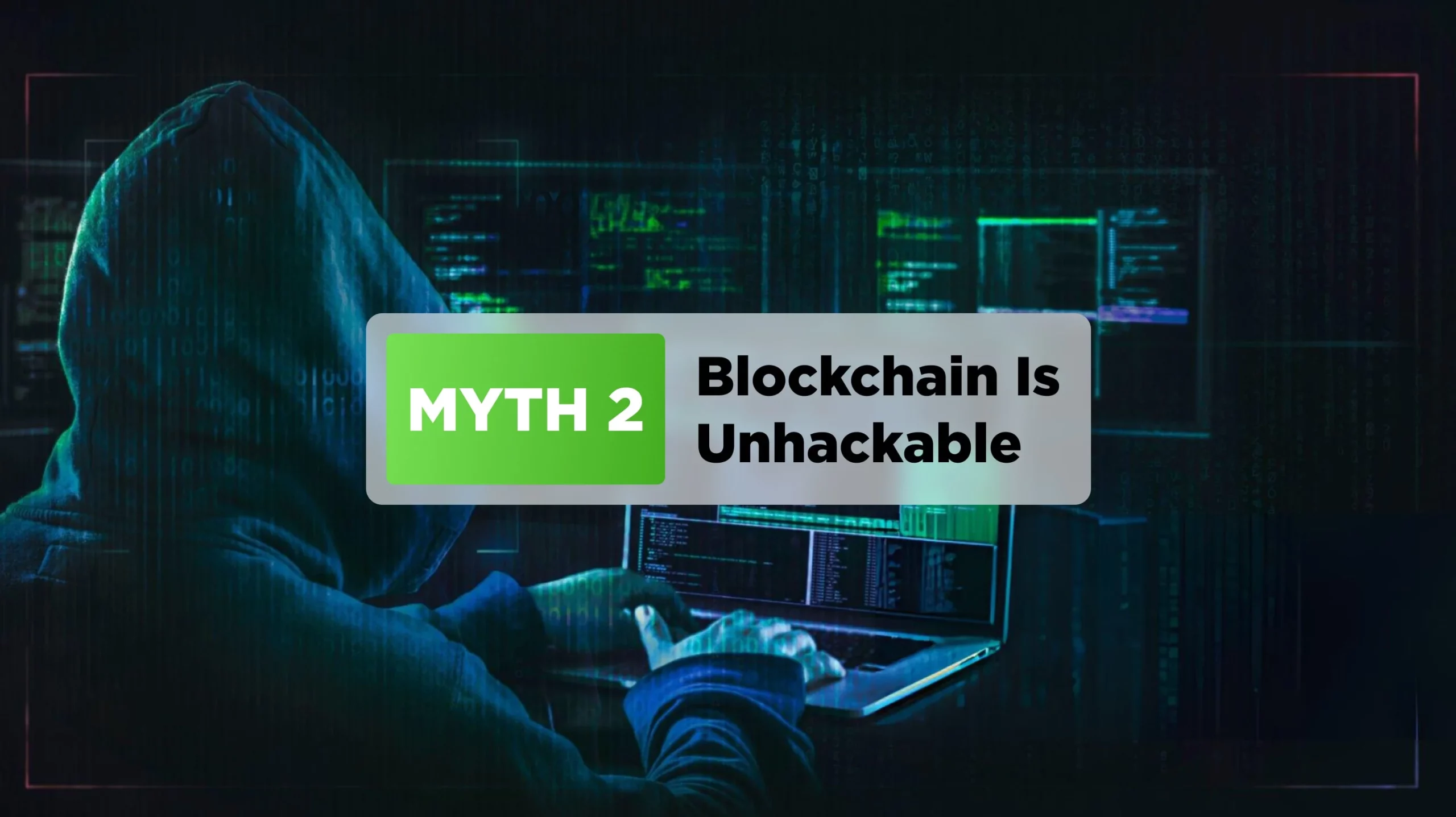
Myth 3: Blockchain is Slow and Inefficient
Early blockchain networks struggled with speed, but the technology has evolved rapidly. Solutions like sharding and layer-2 protocols (e.g., Lightning Network), combined with consensus algorithm improvements, have significantly enhanced transaction speed and reduced costs.
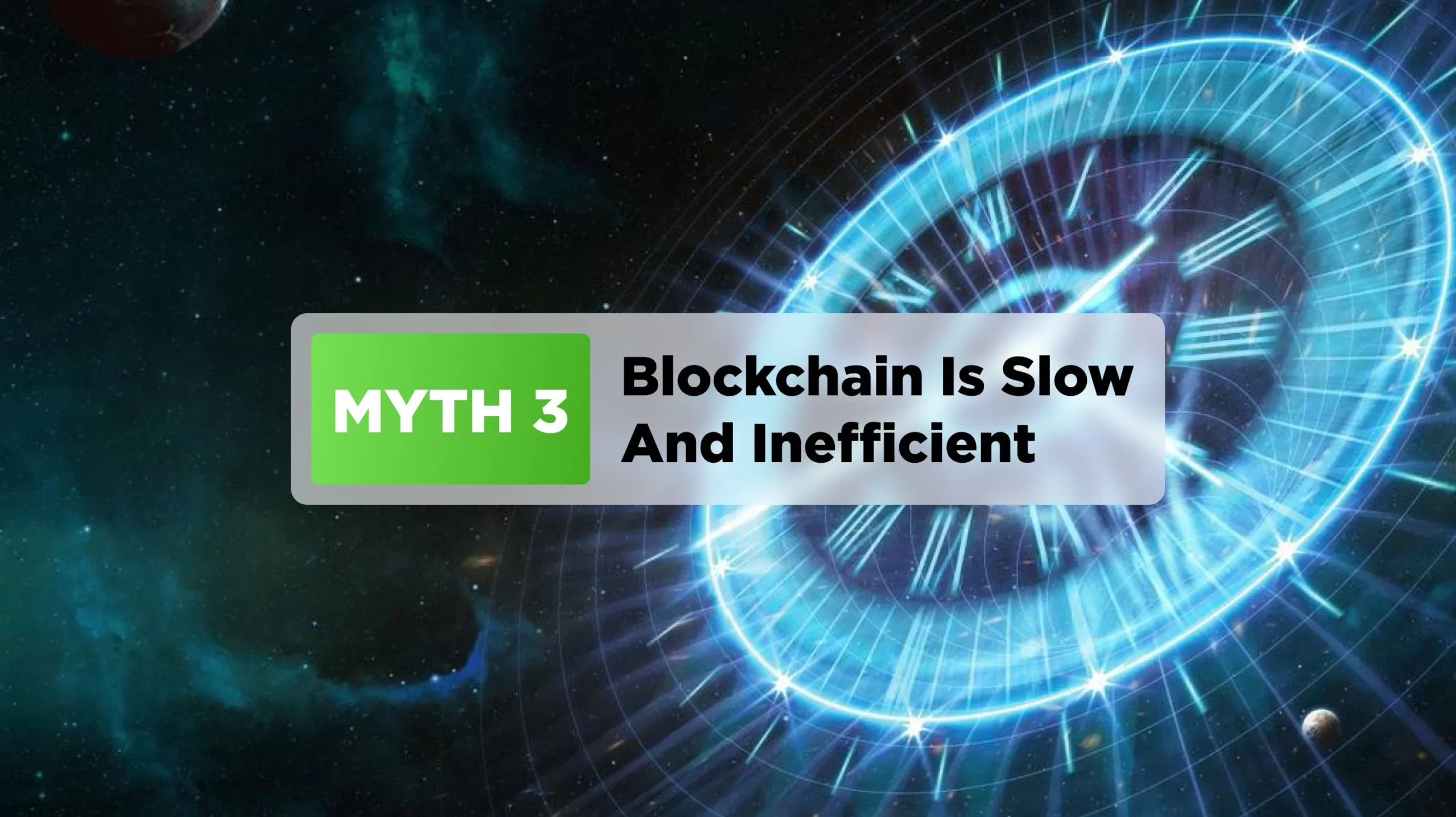
Myth 4: Blockchain is Perfect for Shady Deals
Blockchain’s transparency and immutability make it a powerful tool against fraud. Public ledgers allow for real-time tracking and verification of transactions, fostering trust and accountability in sectors like finance and supply chain logistics

Myth 5: Blockchain is Bad for the Environment
Energy consumption is a concern, especially with PoW blockchains like Bitcoin. However, more sustainable solutions such as PoS, Proof of Authority (PoA), and energy-efficient blockchain platforms (e.g., Algorand, Tezos) are emerging to address these issues.
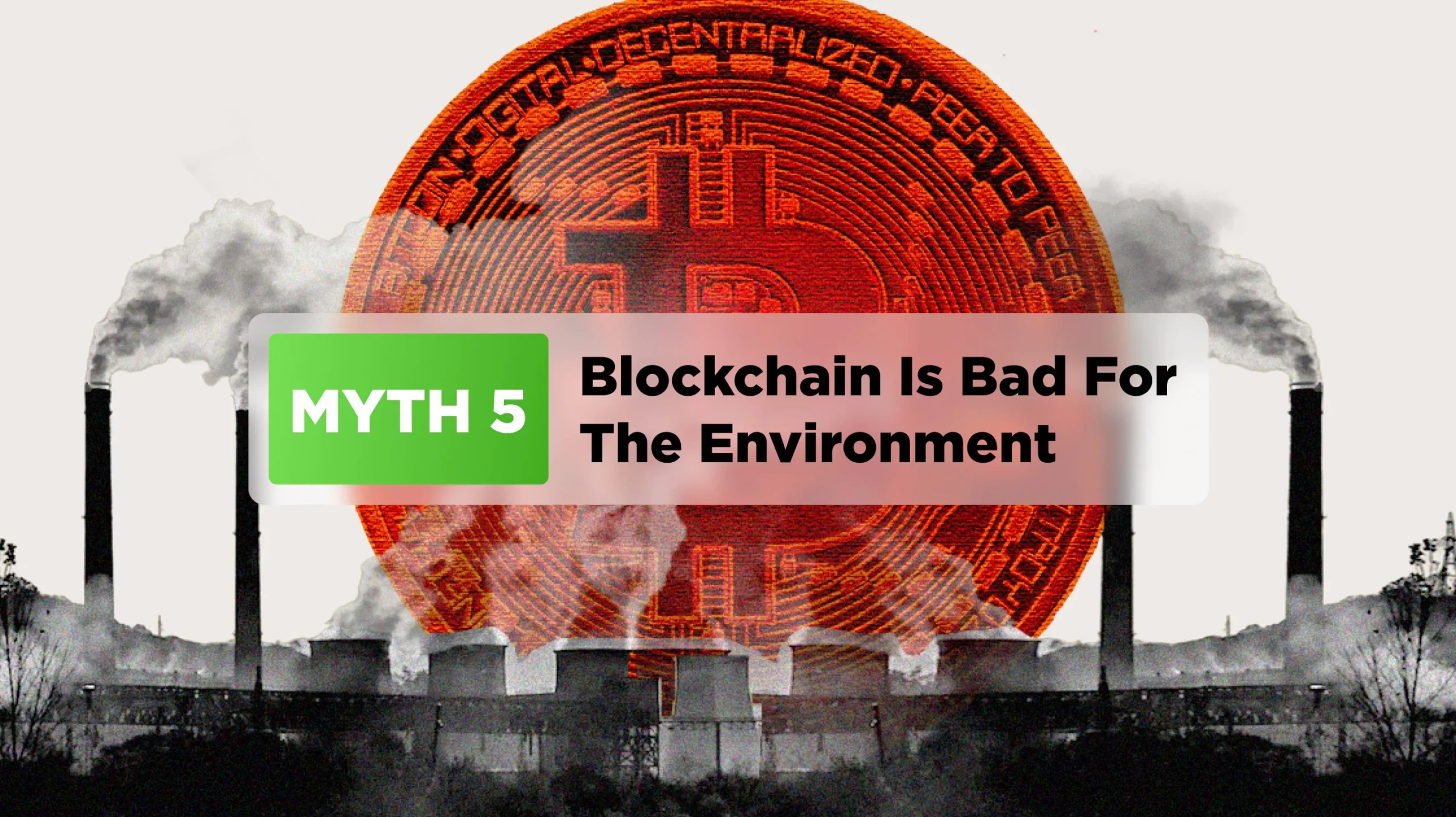
Myth 6: Blockchain is Just a Fad
Blockchain technology is revolutionizing industries with applications in DeFi (Decentralized Finance), NFTs (Non-Fungible Tokens), and smart contracts. Its decentralized nature and potential for reducing intermediaries make it a transformative force.

Myth 7: You need a lot of knowledge to use Blockchain
At the core of blockchain is a distributed database technology. Educational resources and user-friendly platforms (e.g., Ethereum, Binance Smart Chain) make blockchain more accessible, encouraging wider adoption.
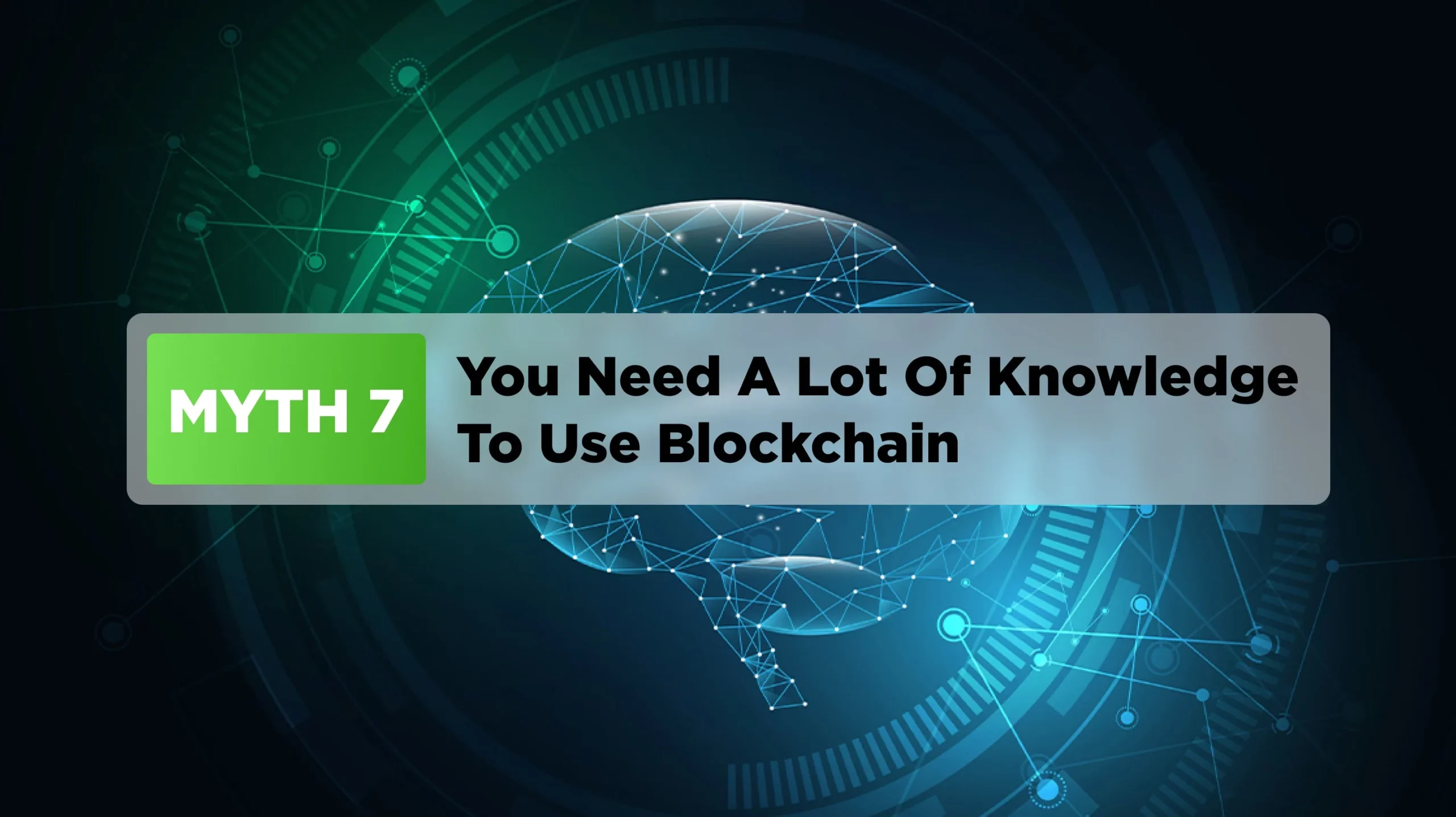
Myth 8: Blockchain is Only for Techies
Blockchain applications are becoming increasingly user-friendly. Platforms like MetaMask and Trust Wallet enable easy interaction with decentralized applications (dApps), opening the door for mainstream users to benefit from blockchain technology.
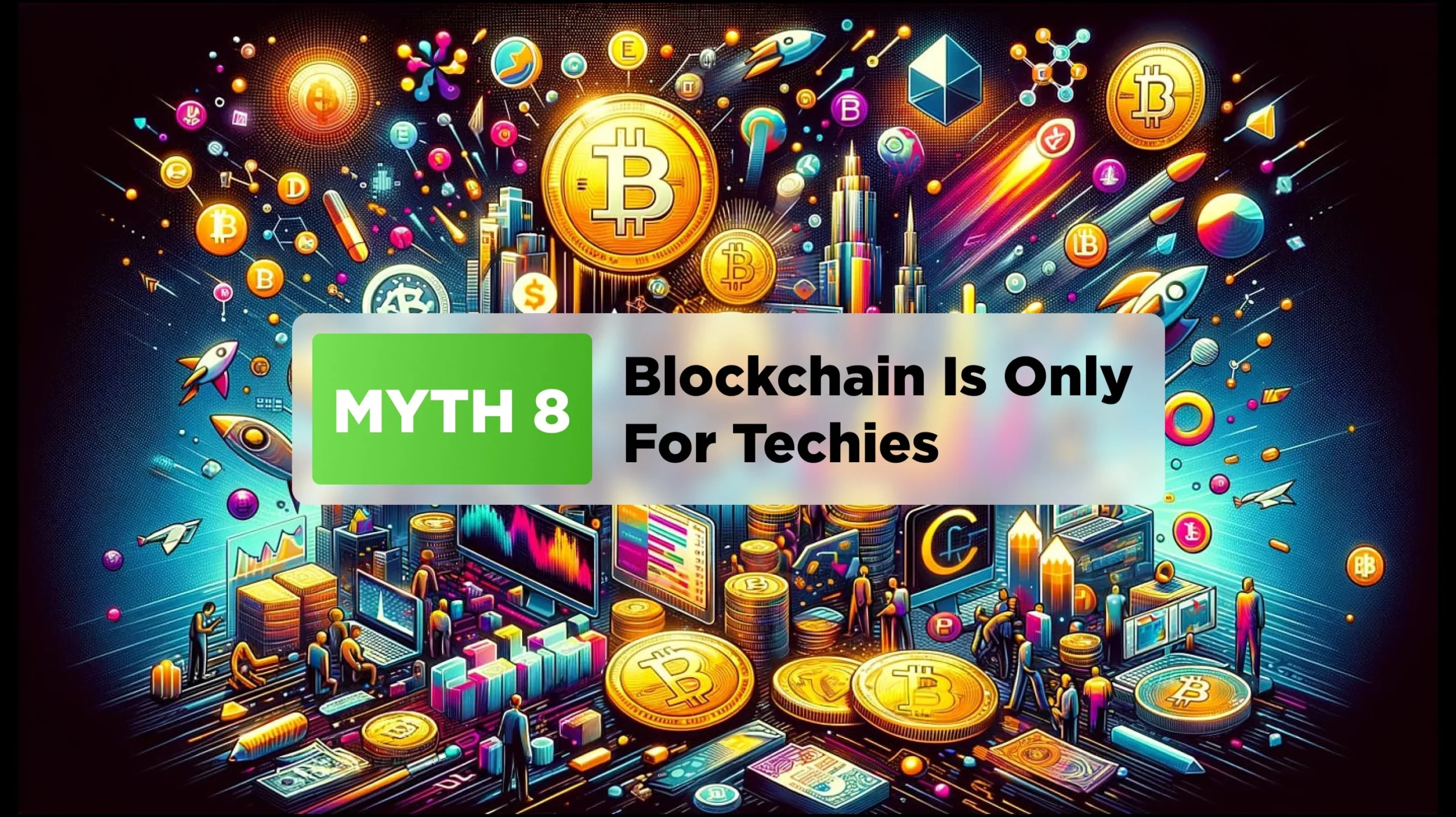
Myth 9: Blockchain is a Wild West Without Rules
While regulatory frameworks are still evolving, governments and international bodies are developing guidelines to govern blockchain use. Compliance with regulations like GDPR and AML (Anti-Money Laundering) is essential for sustainable growth.
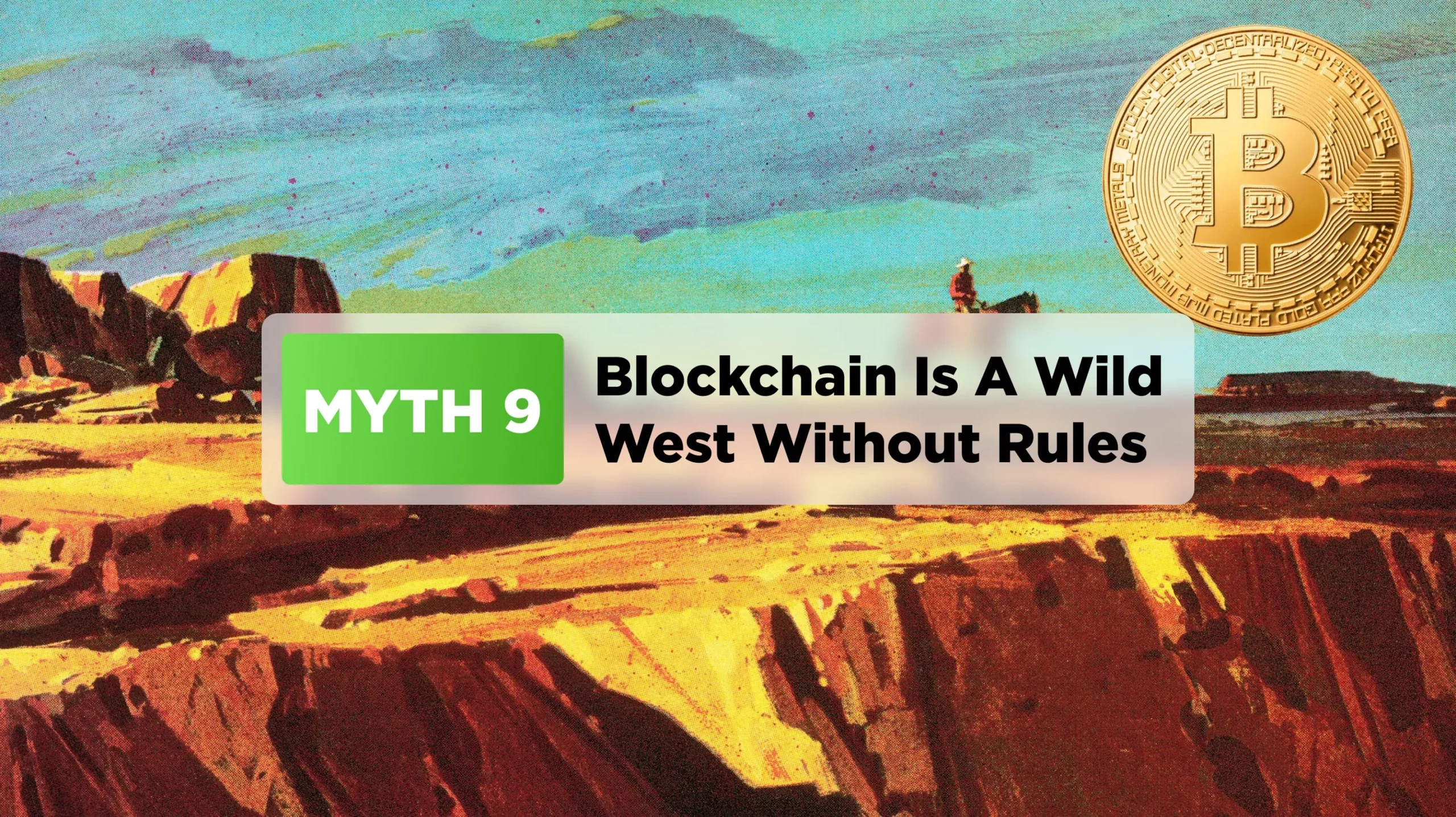
Myth 10: Banks Are Doomed
Blockchain can enhance the efficiency and security of financial institutions without replacing them. Applications in cross-border payments, digital identity verification, and smart contracts are helping banks streamline operations.
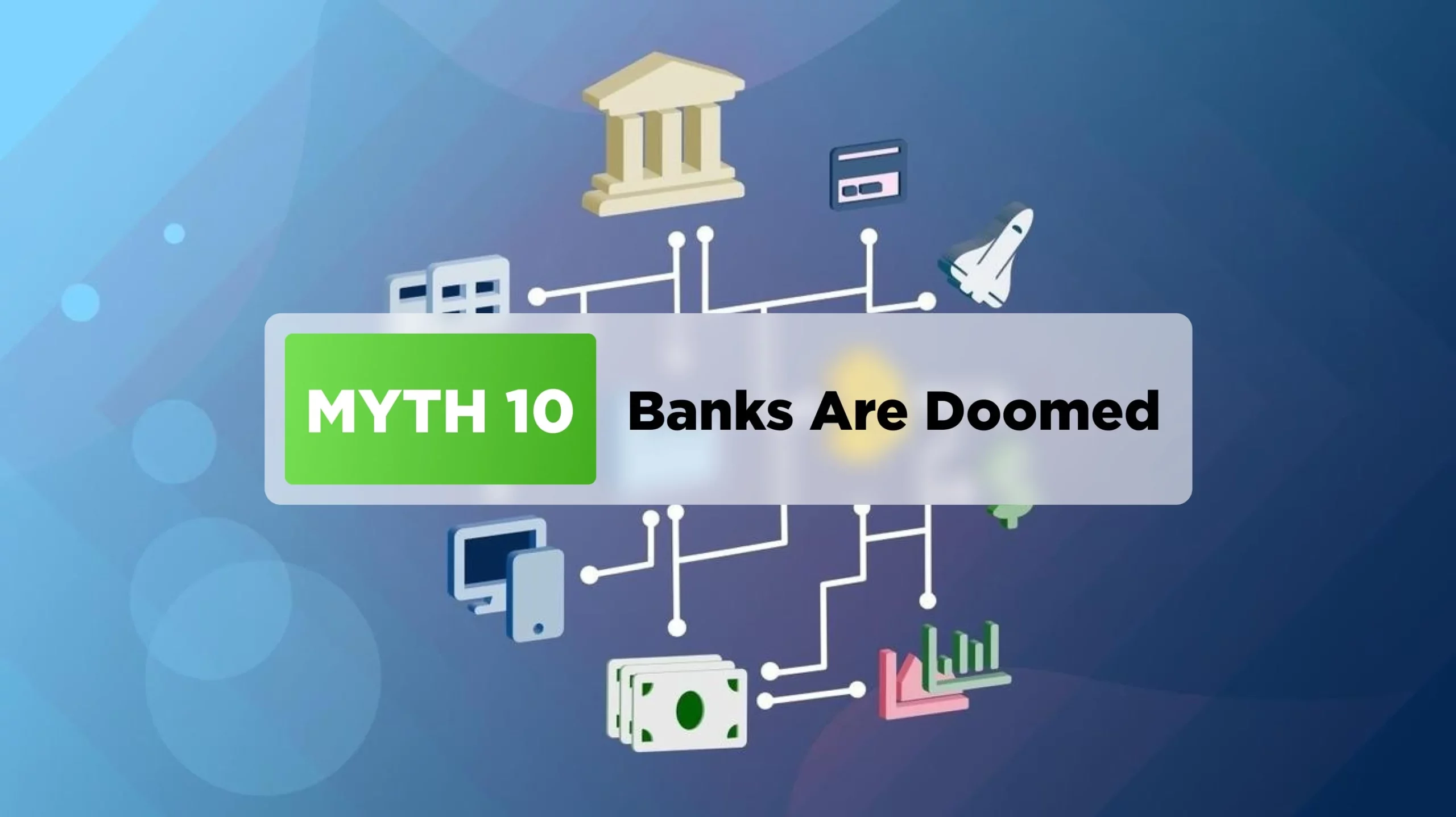
Myth 11: Blockchain Can't Handle Large-Scale Use
Scalability remains a challenge, but solutions like Layer 2 protocols, sidechains, and interoperable blockchains are improving network capacity. Polkadot and Cosmos are some projects leading the way in creating scalable, interconnected blockchain ecosystems.

Myth 12: Blockchain Kills Privacy
While blockchain promotes transparency, advancements like zero-knowledge proofs (e.g., zk-SNARKs), privacy coins (e.g., Monero, Zcash), and off-chain transactions are enhancing privacy and security, balancing openness with user confidentiality.
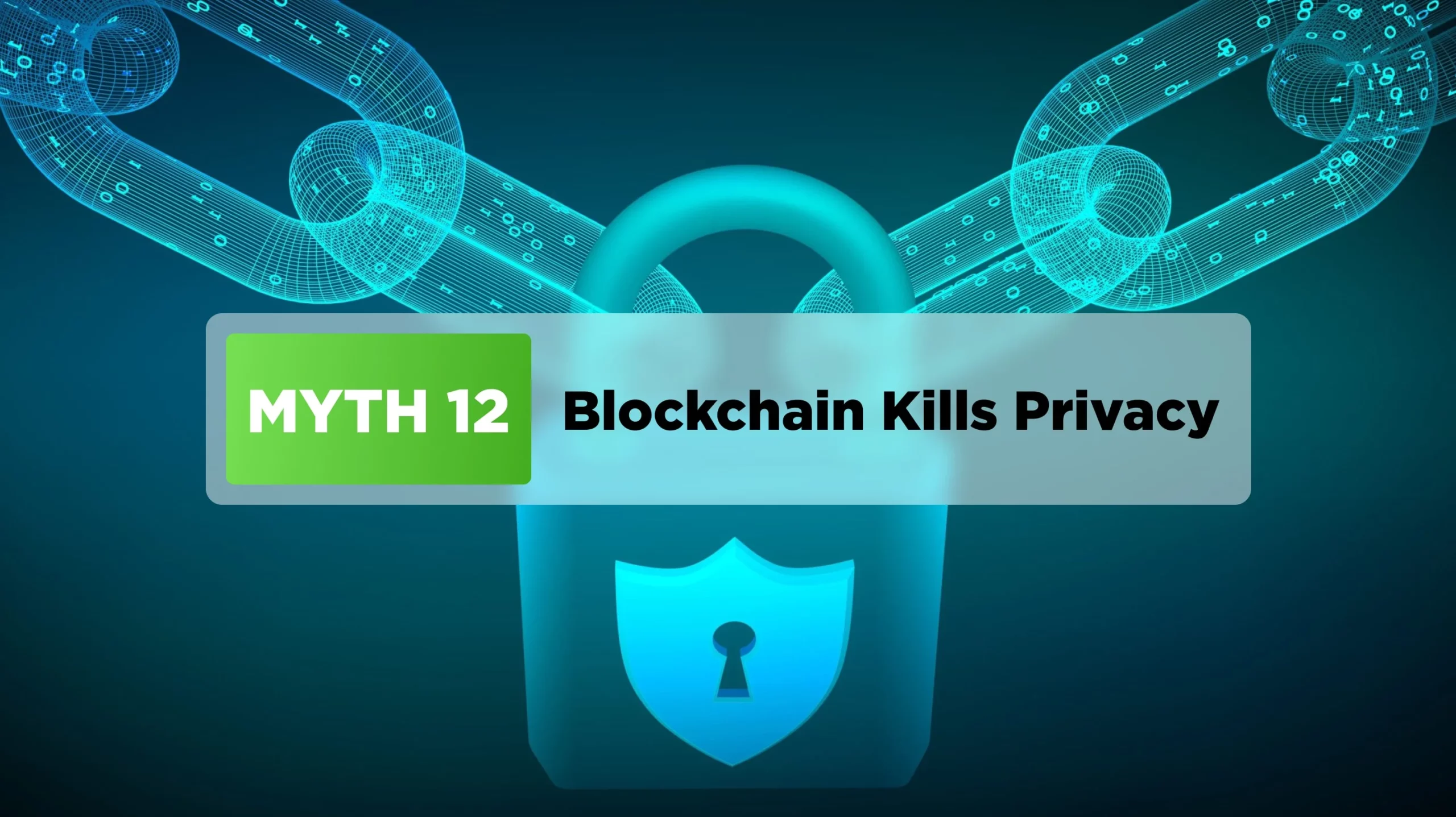
Conclusion
With these myths debunked we hope that you are ready to explore the exciting world of blockchain. At Pedals Up, we’re passionate about building innovative blockchain solutions for our clients. If you’re curious about how blockchain can benefit your business, contact our team today.




